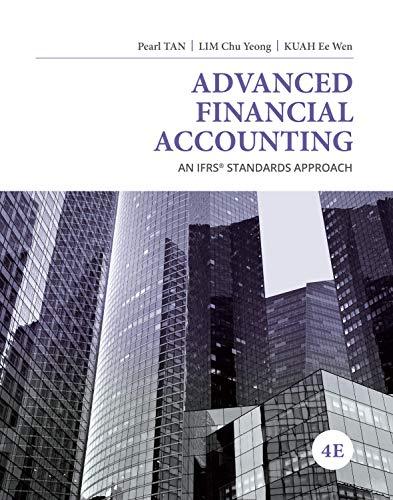Circle the letter of the best response. 1. Which of the following are a manager's four primary responsibilities? A. Budgeting, Directing, Controlling, Decision- Making B. Budgeting, Planning, Controlling, Decision- Making C. Planning, Directing, Controlling, Decision- Making D. Budgeting, Planning, Directing, Controlling 2. Which of the following is an example of controlling? A. Management decides to open a new storage facility in Canada. B. After comparing budget to actual, management adjusts its plan to keep the company on goal. C. After reviewing the daily sales, management revises its staffing schedule. D. Management sets goals to meet in the next fiscal year. 3. Which of the following is TRUE about managerial accounting vs. financial accounting? A. Both managerial and financial reports are prepared quarterly and annually. B. Managerial accounting is primarily utilized by internal users, while financial accounting is primarily utilized by external users. C. The primary information characteristics for managerial accounting are reliability and objectivity, while the primary information characteristic for financial accounting is relevance. D. The CPA requires managerial accounting reports and the SEC requires financial accounting reports. 4. Which of the following statements is FALSE? A. Managers are concerned with the internal use of accounting information. B. Managerial accounting information relies heavily on its reliability and objectivity. C. Managerial accounting reports are not required by any authoritative body. D. Managerial accounting information must be relevant. 5. Which of the following statements is FALSE? A. The treasurer and controller report directly to the CFO. B. The COO is responsible for the company's operations. C. The board of directors hires the CEO to manage the company on a daily basis. D. The internal audit department reports solely to the CFO.6. The individual responsible for managing all of the operations of the organization, such as product packaging, is the: A. COO. B. CFO C. CEO. D CPA. 7. Which of the following skills is NOT required of management accountants? A Analytical skills B. Ability to work on a team C. Oral and written communication skills D. Speak a foreign language 8. Management accountants must comply with all of the following ethical standards EXCEPT: A. Reporting ethical breaches to the CMA. B. Maintaining professional competence. C. Performing duties with credibility. D. Preserving confidentiality of information. 9. Which of the following is NOT a current business trend? A. Total Quality Management B. Inventories delivered in large quantities at a discount C. Time sensitivity for purchase, delivery, & service D. ISO quality standards 10. Which of the following is NOT an important result of the Sarbanes-Oxley Act of 2002? A. Stiffer penalties and imprisonment were instituted for white collar crimes. B. The audit committee must be independent and include a financial expert. C. Employees are responsible for the financial reporting completed in their department. D. CA firms have limitations on non-audit service for audit clients








